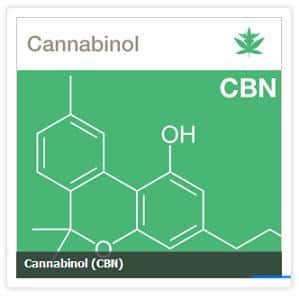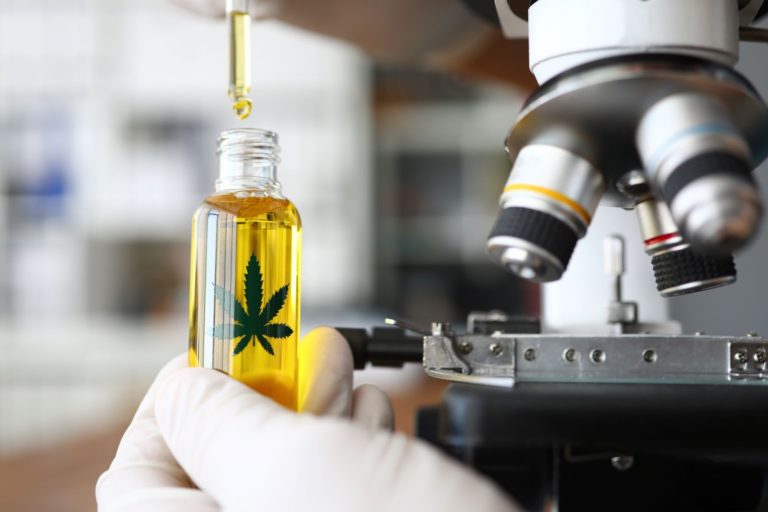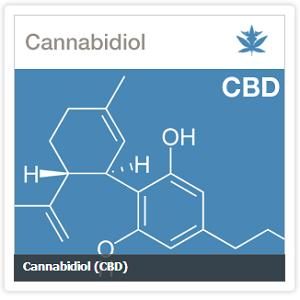 By Paul Armentano, NORML Deputy Director
By Paul Armentano, NORML Deputy Director
Brain imaging research published this month in the journal Molecular Psychiatry provides physiological evidence as to why cannabis may mitigate certain symptoms of post-traumatic stress disorder (PTSD).
Post-traumatic stress syndrome is an anxiety disorder that is estimated to impact some eight million Americans annually. Yet, to date, there are no pharmaceutical treatments specifically designed or approved to target symptoms of PTSD.
Investigators at the New York University School of Medicine and the New York University Langone Medical Center, Steven and Alexandra Cohen Veterans Center for the Study of Post-Traumatic Stress and Traumatic Brain Injury reported that subjects diagnosed with PTSD typically possess elevated quantities of endogenous cannabinoid receptors in regions of the brain associated with fear and anxiety. Investigators also determined that many of these subjects experience a decrease in their natural production of anandamide, an endogenous cannabinoid neurotransmitter, resulting in an imbalanced endocannibinoid regulatory system.
Researchers speculated that an increase in the body’s production of cannabinoids would likely restore subjects’ natural brain chemistry and psychological balance. They affirmed, “[Our] findings substantiate, at least in part, emerging evidence that … plant-derived cannabinoids such as marijuana may possess some benefits in individuals with PTSD by helping relieve haunting nightmares and other symptoms of PTSD.”
They concluded: “The data reported herein are the first of which we are aware of to demonstrate the critical role of CB1 (cannabinoid) receptors and endocannabinoids in the etiology of PTSD in humans. As such, they provide a foundation upon which to develop and validate informative biomarkers of PTSD vulnerability, as well as to guide the rational development of the next generation of evidence-based treatments for PTSD.”
Anecdotal evidence and case study reports have increasingly indicated that cannabis may mitigate traumatic memories and anxiety. However, clinical trial data remains unavailable, in large part because US federal officials have blocked investigators’ efforts to study cannabis in PTSD subjects. In 2011 federal administrators halted efforts by investigators at the University of Arizona to complete an FDA-approved, placebo-controlled clinical trial to evaluate the use of cannabis in 50 veterans with treatment-resistant PTSD.
PTSD is also seldom identified as a qualifying condition in states that allow for the physician authorized use of cannabis therapy. (To date, only New Mexico explicitly cites PTSD as a qualifying condition for cannabis treatment, although a handful of other states, like California, allow doctors the discretion to legally recommend marijuana for post-trauma subjects.) In Oregon, lawmakers in the House are considering Senate-approved legislation, SB 281, that would allow PTSD patients to legally consume cannabis under the state’s nearly 15-year-old medical marijuana program.
Source: NORML – make a donation



























